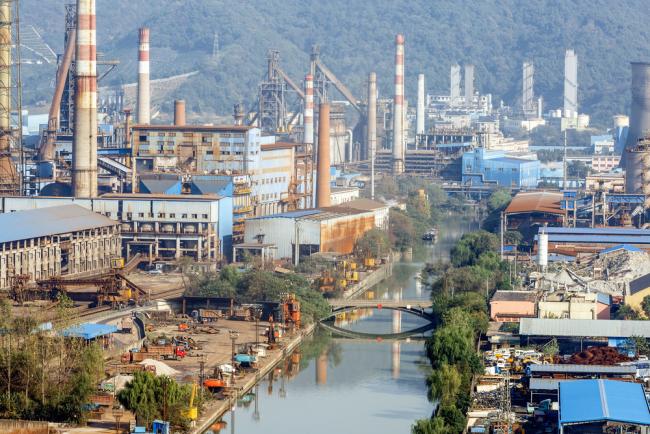Toward a Global Low Carbon Transition: What Sustainable Opportunities for Africa?

Practical information
Despite its marginal contribution to the historical growth in greenhouse gas emissions, the African continent could be one of the most vulnerable to the adverse impacts of climate change.

Beyond adaptation needs, the importance climate change mitigation is now given full recognition in economic development agendas, with the ambition to facilitate leap frogging in emerging economies and avoid worsening current global emission trajectories. Besides, climate action is also an opportunity for Africa to grasp the strong and diverse “climate co-benefits” in terms of economic performance, energy security and quality of life.
Building upon case studies in different sectors and countries, the conference will aim at identifying the low-carbon solutions with the greatest potential in Africa and drawing recommendations on how to scale them up over the short to medium term.
The debate will be held in English and French
Find out more
Japan’s Hydrogen Strategy and Its Economic and Geopolitical Implications
With the Basic Hydrogen Strategy (hereafter, the Strategy) released on December 26, 2017, Japan reiterated its commitment to pioneer the world’s first “Hydrogen Society”. The Strategy primarily aims to achieve the cost parity of hydrogen with competing fuels, such as gasoline in transport and Liquified Natural Gas (LNG) in power generation.
The Power of China’s Energy Efficiency Policies
In just a few years, China has gained the status of an energy efficiency champion.
Related Subjects
Other events

Conference with Chris Wright, Secretary, U.S. Department of Energy
EU-US Energy Relations in Times of Global Reshuffling
The United States aims for global energy dominance and leading in the global IA race, using all available and competitive energy resources, notably natural gas and nuclear.

EV Supply Chains for Japan and Europe: Strengthening Economic Security
Economic security aims to ensure the resilience of supply chains for key industries: the case of electric vehicle production in Japan and Europe will be discussed.








